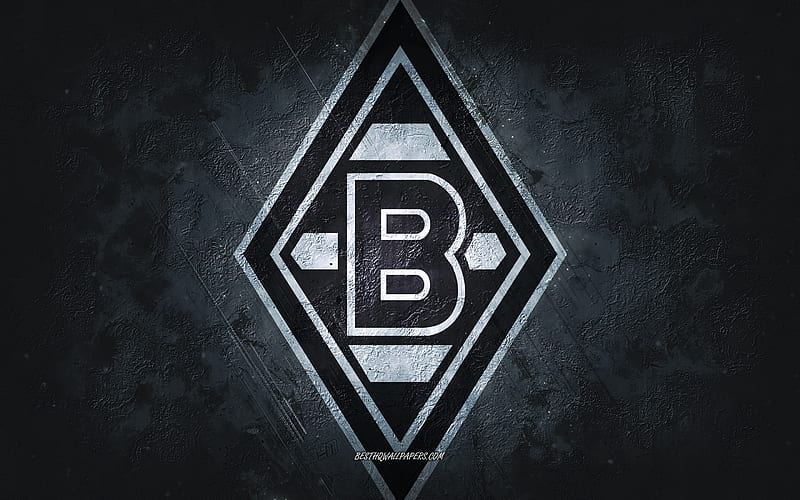The Borussia Mönchengladbach Club is not merely a football team; it represents a tapestry of tradition, competition, and evolution that dates back over half a century. With roots deeply embedded in the culture of German football, this club has become synonymous with success, passion, and an unwavering commitment to excellence on the pitch. The journey of Borussia Mönchengladbach Club is one filled with remarkable achievements, fierce rivalries, and unforgettable players who have donned its famous colors. Through this exploration, we will delve into the rich history of Borussia Mönchengladbach Club, examining its key moments and its impact on football link gk88.
History of Borussia Mönchengladbach Club
Founded in 1900, the Borussia Mönchengladbach Club has established itself as a significant force in German football. From its humble beginnings, the club has navigated through various phases of success, challenges, and transformation that have defined its identity.
Early Years and Formation
The origins of Borussia Mönchengladbach Club can be traced back to a group of young men who were passionate about football and desired to create a community around their shared interest. Initially established as a gymnastics club, it quickly evolved into a football-centric organization. The name “Borussia” is derived from the Latinized version of Prussia, signifying the regional pride the club embodies.
In its early years, Borussia Mönchengladbach Club participated in local competitions, gradually climbing the ranks of German football. The club’s commitment to youth development and grassroots initiatives laid the foundation for future successes. This initial journey was marked by perseverance as the team sought to establish its standing within a burgeoning football landscape.
Post-War Resurgence
World War II had a profound impact on football across Europe, including Borussia Mönchengladbach Club, which faced numerous challenges during this tumultuous period. However, in the years following the war, the club experienced a resurgence that would set the stage for decades of competitive success.
By the late 1950s, Borussia Mönchengladbach Club began to emerge as a serious contender in West German football. The establishment of the Bundesliga in 1963 provided a new platform for the club to showcase its talent and ambition. The team’s performance began to attract attention, leading to a newfound respect from fans and rivals alike.
The Glory Years: 1970s
The 1970s are often regarded as the golden era of Borussia Mönchengladbach Club. Under the guidance of legendary coach Hennes Weisweiler, the team became a formidable force in both domestic and European competitions. This period saw the emergence of iconic players who would leave an indelible mark on the club’s history.
